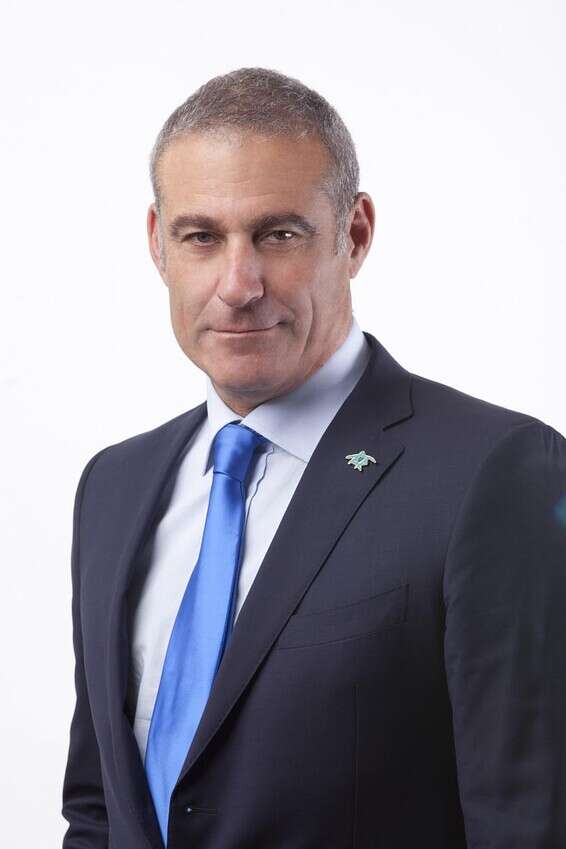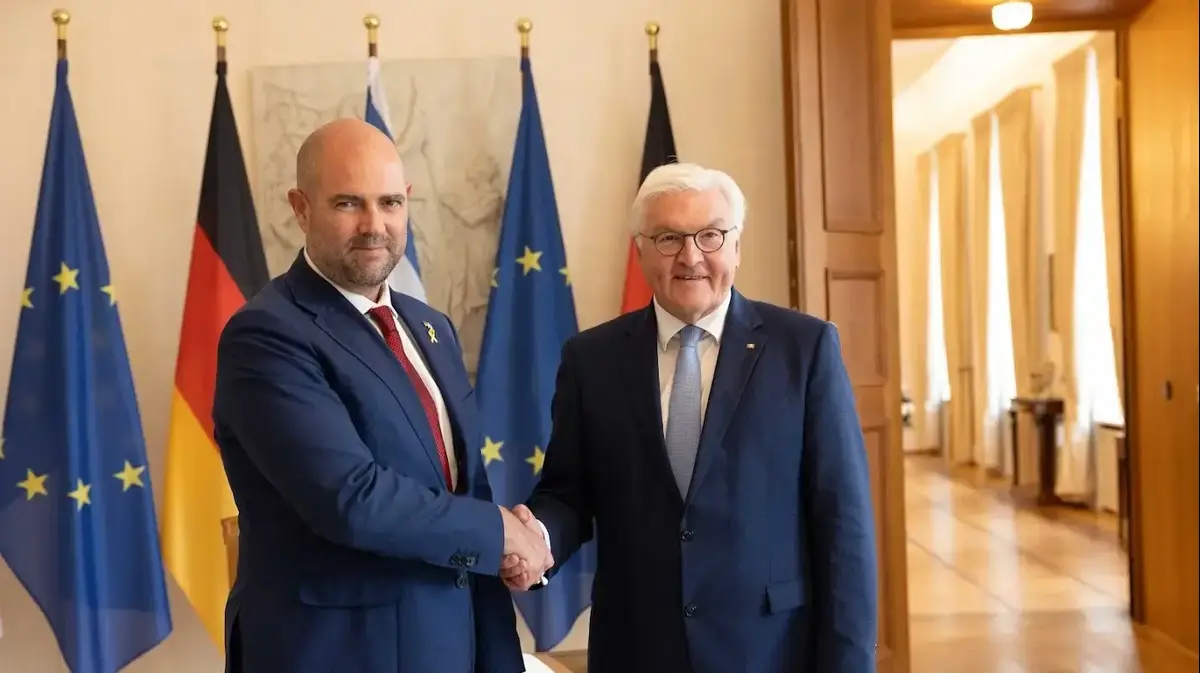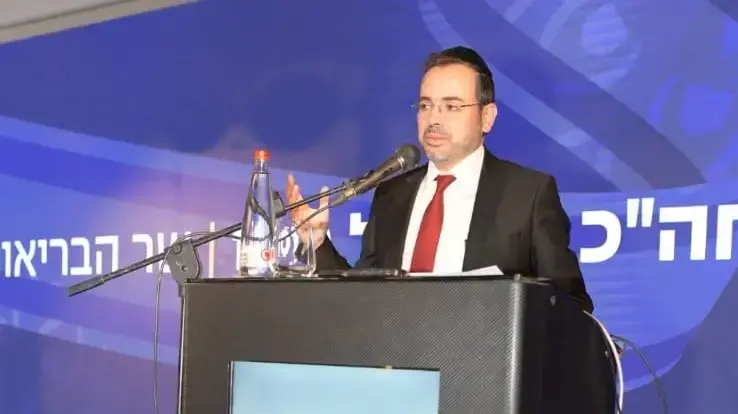Israeli organizations had difficulty recruiting donors from the United States even before Corona, but could the virus have harmed the situation even more? • Judaism in the Shadow of the Plague
The philanthropic world on the US-Israel axis did not need a global epidemic with severe economic consequences to discern the eroding trends, for four decades, in the North American contribution to the Jewish community or Israel. A number of factors, including a combination of generational distance, sociological trends (including Jewish community assimilation In the American space, along with an increase in intermarriage) and various levels of "identification" with Israel and / or Judaism, the trend of "privatization of philanthropy" has increased and it has become a goal-oriented one.
A look at experts in the field shows that giving to Israeli causes is currently divided between three main factors: Hundreds of friends 'organizations make up about 40 percent of the total annual giving, with the remaining 60 percent divided between the North American federations' donations and large family foundations. In recent years.
More in the project:
- Jib al-Avia: In the world, people learn Hebrew from Fauda
Light in the Dark: Will the Corona Help Prevent Assimilation?
Gaming facilities through gaming
Veteran philanthropist Jane Weizmann, a resident of Connecticut, has been donating with her husband, Stuart Weizmann, for many years to Jewish community institutions in the United States and in Israel. That it contributes to "doing its action," so that the corona is not likely to change its mode of operation at all.
"It is important for me to get to know the people I work with and trust," Weizmann explains. "For example, in the project in which I chose to invest in Hebrew Union College in New York. My goal is to teach future rabbis, cantors and educators a uniform and simple message: 'All Israel guarantees each other.'" In exactly the same way, Weizmann has been running a public education project in Bat Yam for 14 years ("Weizmann Initiative", which accompanies children from disadvantaged families from kindergarten to high school. The program includes, in equal distribution, Ethiopian families, new immigrants from different countries and natives). . She said, "In every meeting I see the students growing over the years so I have a clear measure of what I made the difference - and that is the great satisfaction. Soon they will go to the army and I hope most of them will become an asset for Israel," she said with satisfaction.
Regarding the sense of attrition in donations and the accompanying distance between Israeli Jews and American Jews, she noted: "It is not new that it is more difficult to raise funds for Israel today, even before the Corona. Politically we are pro-Israel when around me I often come across donors who have moved away over the years from such strong support for Israeli policy. "Weizmann emphasizes that" the crisis is exactly the place to mention the need for philanthropists to look at Jewish communities outside Israel that have suffered heavy blows. "
Weizmann adds that for her, one of the reasons behind the decrease in donations to Israel "stems from the fact that Israeli philanthropy itself does not provide large sums of money, so the motivation of other potential donors decreases. Personally, it does not stop me from helping where I recognize that it can be supported. "Israelis who can help local philanthropy and, as much as possible, Jewish communities around the world."
Positive revolution
"Awareness of donations among local philanthropy has not been strong enough in the past, but in the last decade there has been a positive revolution in Israeli donors' awareness of their responsibility for what is happening in society, partly due to the available communication and growing interface of Israeli businessmen with investors abroad," notes Gidi Mark. Taglit CEO.
"Israel was created as a country with a strong social emphasis, in which the country took on almost all the welfare of the population, while the leading country in philanthropy in the world, the United States, was initially established with multiple puritanical influences. However, it should be noted that Jewish philanthropy in the United States It is a combination of these two influences, namely American-Puritan philanthropy on the one hand and Jewish-social on the other, with the Jewish-social characterization influencing the nature of philanthropy in relation to Israel since its establishment. "
"The change in Israel in terms of increasing awareness of contributing to the community is also due to the reduction of government responsibility for the welfare sector (relative to the first years of the country), as well as the growing development of Israeli businessmen, especially in North America." "Private individuals."
Mark points out that "there are many things we, as Israelis, must learn from the following social responsibility expressed among wealthy people in the Diaspora, such as the community-moral understanding that part of their wealth must return to the community that helped them reach their initial wealth in the first place."
Mark expresses satisfaction with the state of Israelis 'contributions to Taglit: "Fortunately, Taglit is experiencing an increase in Israelis' contributions (led by businessman Meir Shamir), and we are not experiencing any decline in their willingness to continue contributing now."
Mark emphasizes that "the donation is for Israelis who take part in the discovery (about ten thousand a year), because they internalize the fear of a lack of Jewish leadership within one generation. Hence the donation for young Israelis abroad is also seen as a strategic investment in the resilience of the State of Israel. These days we have established the first virtual-international set of internships of its kind, with the interns' guides being mostly business entities in investment companies that entered the project about a decade ago out of a Zionist mission. "They quickly realized that the contribution they themselves receive is at least on the order of magnitude of their total contribution - so the mutual benefit," he concluded.















